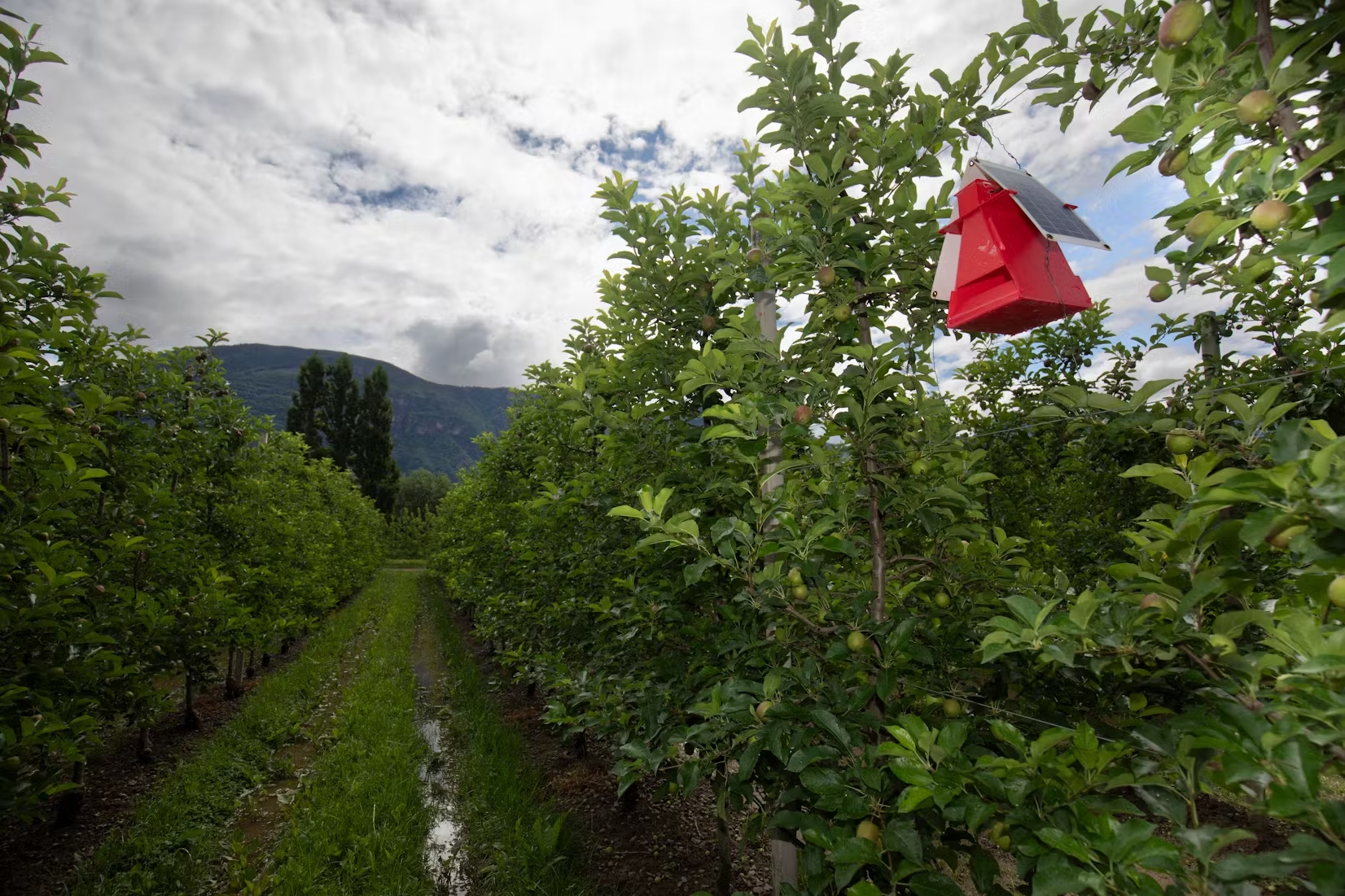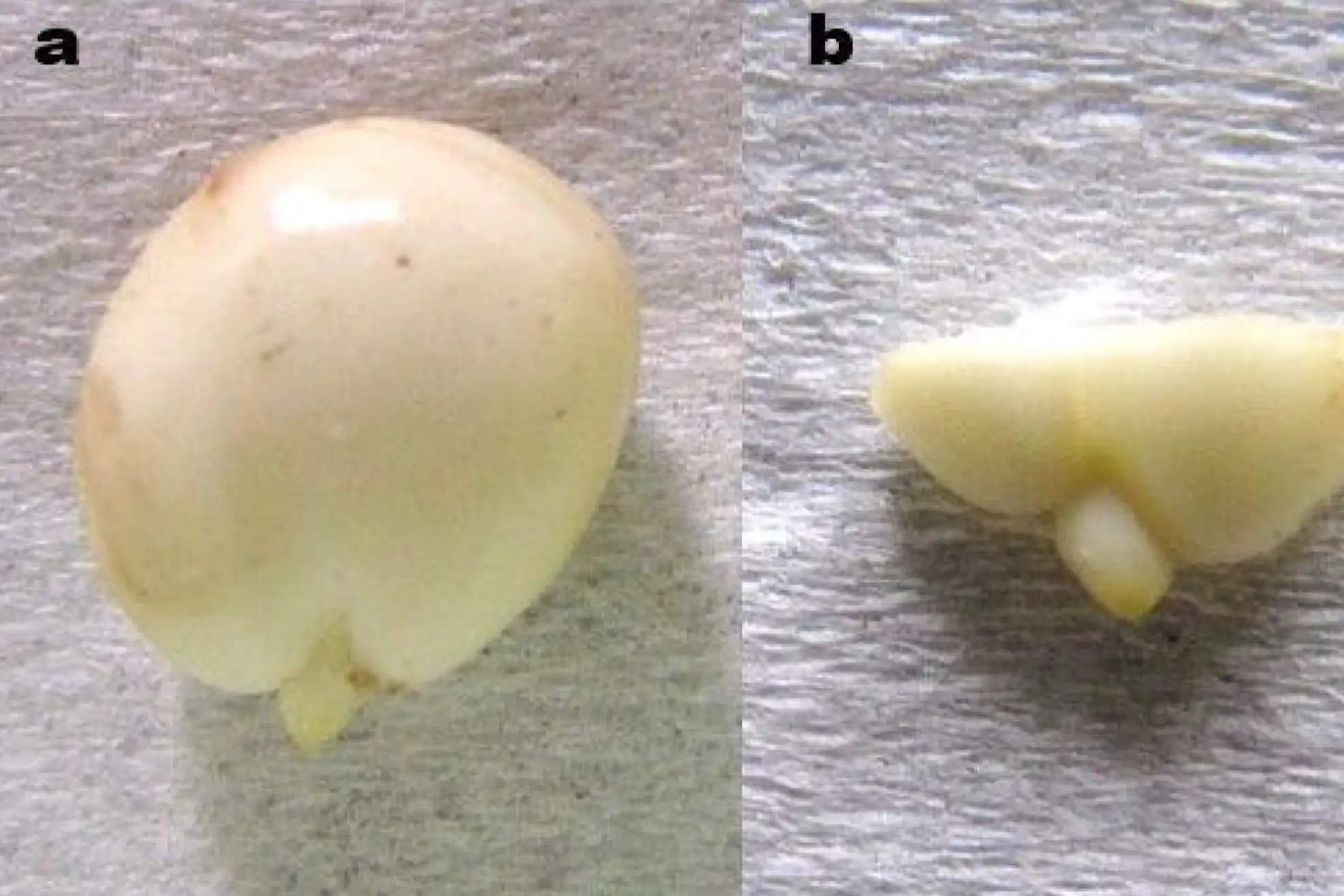There are now five campaigns without production, Asaja asks the regional Ministry of Agriculture to provide aid to farmers
Asaja Alicante has called on the Regional Ministry of Agriculture not to forget the mountain cherry of Alicante, which is in danger of 'disappearing' after more than five seasons without production, as well as other specific problems of the sector in the province.
This is how the agricultural organisation expressed itself this Monday after learning of the Generalitat's budgets for 2024, in which it also lamented that, after more than a hundred days of legislature, 'bureaucratic obstacles and tax pressure continue to hinder the professional development of farmers and breeders'.
Asaja criticised the fact that the regional administration 'seems more concerned with conforming to the demands imposed by Brussels, which are totally unrelated to the reality of the countryside, than with providing a service to citizens'.
The association said it expects 'urgent action' from the new Consell on this crop. The technical secretary of Asaja Alicante, Ramón Espinosa, warned that if action is not taken 'energetically and comprehensively, with direct aid and an 'ad hoc' funding line, the damage will be irrecoverable'.
The long-term plan
After the approval of a line of aid by the previous regional ministry, which was asked for a long-term viability plan to save the cherry harvest and immediate aid to respond to the 'vulnerable situation' of the past year, farmers, packers and cooperatives 'have not yet received any response from the regional administration'.
In particular, with regard to the plan, he said that they are asking for 'more guarantees' for production, that the challenges of the climatic situation be addressed, and that funding lines be explored for varietal reconversion or crop change, as far as possible, as well as more specific coverage and insurance to encourage farmer continuity.
The president of Asaja Alicante, José Vicente Andreu, claims that 'many crops are not insured due to the deficiencies of agricultural insurance. 'Added to this is the fact that its increasing abandonment would lead to the spread of fires, especially in the mountainous areas of Alicante,' he added.
The xylella strategy
Regarding the change in the xylella fastiodiosa eradication policy, based on the destruction and massive culling of almond trees that Aguirre has been asked to carry out, Asaja president José Vicente Andreu stressed that 'it is urgent to ask for compensatory aid during the rest of the year and to evaluate replanting aid, as the way it has been planned is not succeeding', which is why Tragsa is being asked to do so 'ex officio'.
He also insisted on the need to change the strategy and to apply a containment strategy that maintains the balance between reducing the pest and ensuring the continuity of crops. "Six years have passed and the reality is that the remedy is worse than the disease," he lamented.
The farmers' organisation believes that 'if the cherry problem also affected Castellón or Valencia, urgent measures would have already been put in place'. It also stressed that it hopes that the specific problems of Alicante's agricultural sector will find an 'imminent answer' in the budgets allocated for 2024.
"If things continue as they are, we will not be able to carry on farming and livestock activity, as each new regulation leads to an increase in production costs," lamented Asaja, who felt that the "bureaucratic/administrative framework and the growing tax burden are cornering farm owners".
For this reason, they asked the councillor for Agriculture, José Luis Aguirre, to 'respect his election manifesto, in which he stated that he would work to streamline administrative procedures'.
Source: Todo Alicante
Image: Valencia Fruit
Cherry Times - All rights reserved











